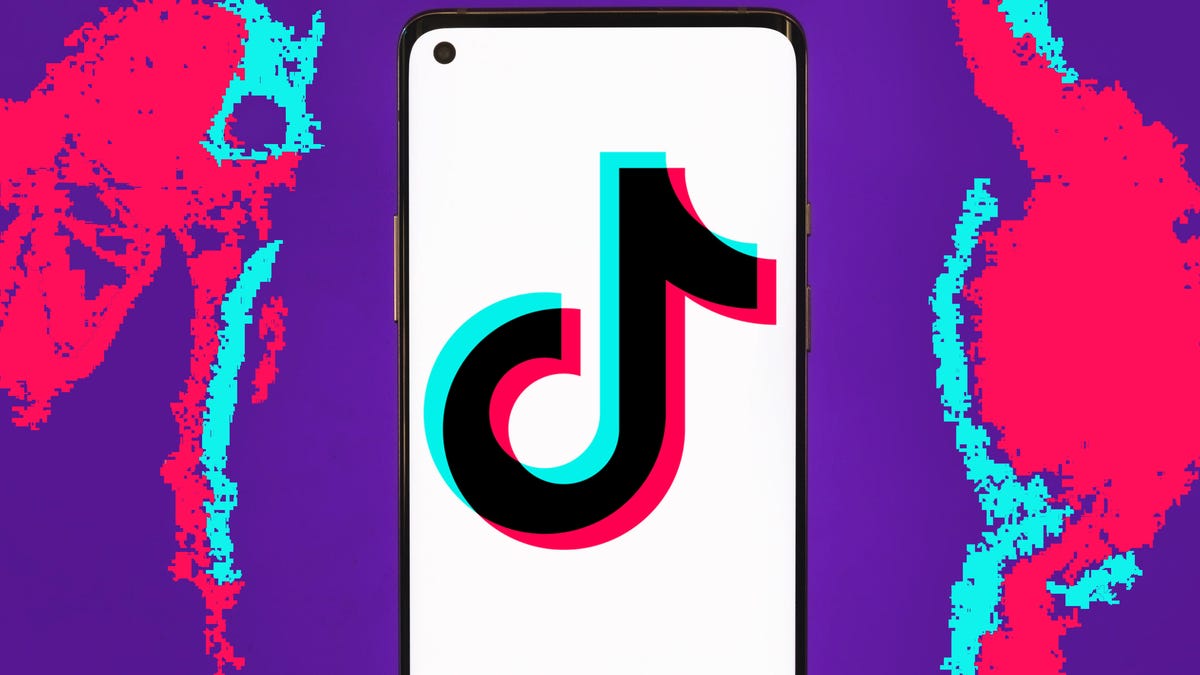TikTok Ban: Montana's Attempt Backed by Group Representing 18 States
The Treasure State isn't alone in its attempts to prohibit the Chinese-founded social media app.

Montana's proposed TikTok ban has gained support from other states.
Montana isn't alone in its fight against short-video phone app TikTok. On Monday, a group of 18 state attorneys general said they support Montana's attempts to ban TikTok and urged a judge to reject legal challenges to the ban.
The states are led by Virginia and include Georgia, Alaska, Utah, Indiana, Nebraska, Iowa, Kentucky and South Dakota, Reuters reported. Tennessee is also one of the states, according to The Chattanoogan.
Following Montana's ban announcement in May, five TikTok creators in that state filed a lawsuit saying the ban violated their First Amendment rights and far outstripped the government's legal authority. The New York Times reported that TikTok is financing the creators' challenge. TikTok itself is also legally challenging Montana's ban.
Now, the 18 state attorneys general say the lawsuits from TikTok and users should be rejected "because TikTok intentionally engages in deceptive business practices which induce individuals to share sensitive personal information that can be easily accessed by the Chinese Communist Party and because TikTok's platform harms children in Montana."
A representative for TikTok did not immediately respond to a request for comment.
History of TikTok ban proposals
On May 17, Montana Gov. Greg Gianforte signed Senate Bill 419, making his state the first in the nation to ban TikTok over concerns related to its Chinese parent company, ByteDance.
"The Chinese Communist Party using TikTok to spy on Americans, violate their privacy, and collect their personal, private, and sensitive information is well-documented," Gianforte said in a press release announcing the ban. "Montana takes the most decisive action of any state to protect Montanans' private data and sensitive personal information from being harvested by the Chinese Communist Party."
A week later, TikTok filed to legally challenge the ban in US district court.
"We are challenging Montana's unconstitutional TikTok ban to protect our business and the hundreds of thousands of TikTok users in Montana," a representative for TikTok said in a statement sent to CNET at the time. "We believe our legal challenge will prevail based on an exceedingly strong set of precedents and facts."
There's also been talk of a federal ban, though that idea seems to have been tabled for now.
Why ban TikTok?
Social media app TikTok is owned by a company called ByteDance and was founded in China. Western lawmakers have said they are worried that user data, including location information, could be given to the Chinese government, pointing to laws that allow the Chinese government to secretly demand data from Chinese companies and citizens for intelligence-gathering operations. They are also worried that China could use TikTok's content recommendations for misinformation.
For TikTok's part, the company has denied any misuse of data or that it's controlled by the Chinese government. A page posted on TikTok's site addresses the concerns about Chinese ownership. That page says that while the company was founded in China, 60% is now owned by global institutional investors.
The page also says that ByteDance isn't headquartered in China but in Los Angeles and Singapore and denies a report that a member of the Chinese government sits on ByteDance's board of directors.
What could a TikTok ban do?
TikTok reports that it has more than 150 million monthly active users in the US. And a 2022 Pew study found that 67% of US teens aged 13 to 17 said they used the app, with 16% of all teens saying they use it almost "constantly."
With that, it's unclear if any state could actually completely ban its citizens from enjoying the quirky dances and cute cat videos for which TikTok is known. But Montana's ban was never aimed at individual users. Rather, the state wants to prohibit mobile application stores like the Google Play Store and Apple's App Store from offering TikTok within the state.
So while the ban does technically prohibit downloads of TikTok, it doesn't mention fining regular citizens, just TikTok itself or whichever app store allows Montanans to access it. The proposed fines are hefty -- $10,000 per day for each time someone accesses TikTok, "is offered the ability" to access it or downloads it. Again, those fines wouldn't apply to the users, but the companies that allow them to get TikTok.
However, the bill also includes even stricter rules for state employees using government devices. It says that "effective June 1, no executive agency, board, commission or other executive branch entity, official or employee of the State of Montana shall download or access social media applications that provide personal information or data to foreign adversaries on government-issued devices or while connected to the state network." Third-party firms conducting business for, or on behalf of, Montana are also prohibited "from using applications with ties to foreign adversaries."
The prohibitions on state employees and agencies using TikTok kicked in on June 1, but the main part of the ban won't take effect until Jan. 1, 2024 -- it if gets that far.

